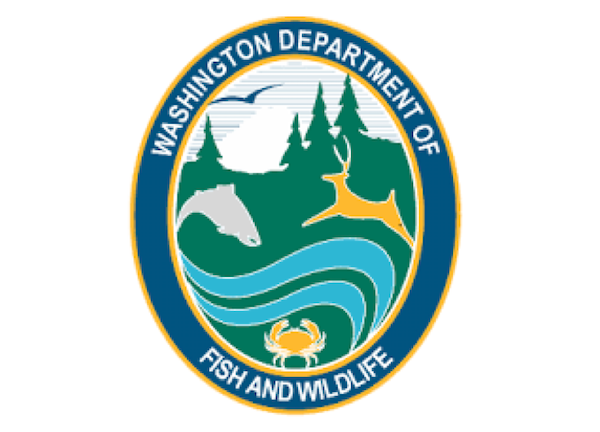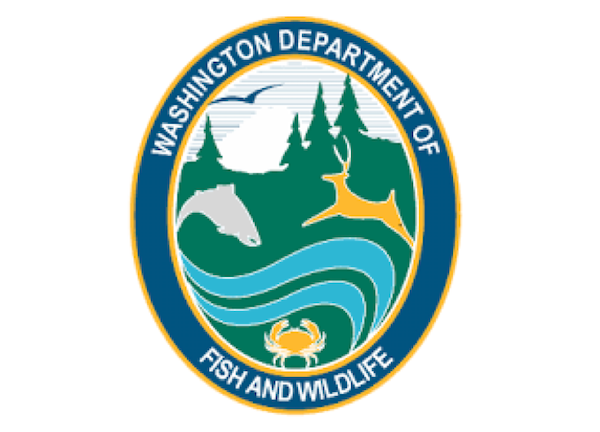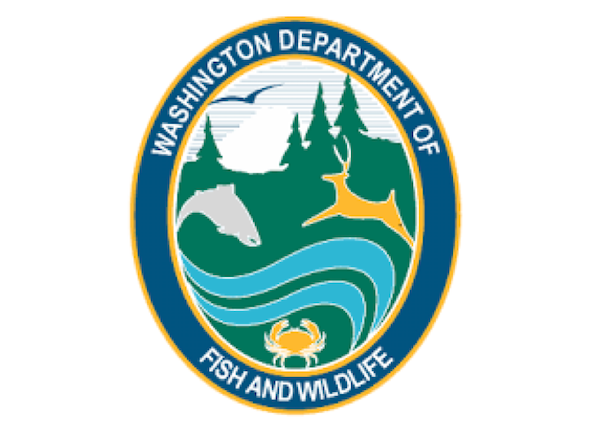Volunteers sought as WDFW marks millions of hatchery salmon for release

by WA Department of Fish & Wildlife Staff
3-13-2022
Website
Paid positions also available as marking effort continues
OLYMPIA – The Washington Department of Fish and Wildlife (WDFW) is seeking additional help marking more than 110 million hatchery salmon and steelhead to identify them as hatchery fish before being released into state waters in 2022.
WDFW’s mass-marking program has played a vital role in salmon management since the mid-1990s. Hatchery fish are marked by clipping their adipose fin while still in the fry stage, before being released to make their way from their home waters to the ocean and back. This marking helps differentiate hatchery fish from natural-origin or “wild” fish, playing a key role in fisheries where anglers may encounter salmon stocks or species listed under the Endangered Species Act.
WDFW is currently hiring paid positions to perform this vital work, but staffing in recent years has been challenging, said Eric Kinne, WDFW’s Hatchery Division manager.
“This work is essential to fishing throughout the state, and critical to salmon conservation efforts,” said Kinne. “We continue working to recruit for these positions, but last year members of the community stepped up in a big way to help us complete this annual effort.”
This work is performed every year for several months in the spring and early summer, at hatchery facilities across Washington. Work is often performed in shifts throughout the day and even on weekends, so there are many opportunities to volunteer. Anyone interested in volunteering at a WDFW hatchery can visit WDFW’s website at https://wdfw.wa.gov/get-involved/volunteer
Anyone interested in applying for a paid marking position can look for positions in their area and apply through Kelly Services. These temporary, full-time positions pay $16.49 per hour with the ability to start immediately, no experience required and training provided.
WDFW requested additional funding ahead of this year’s legislative session to improve automation of its marking process and fund additional work, but much of the annual marking effort is still done by hand by employees and volunteers working in marking trailers.
“We have 11 million more fish to mark this year than last year, which is great news but also means we need even more help in 2022,” Kinne said. “If this work isn’t completed, it could have big impacts on fisheries in Washington.”
To learn more about WDFW’s mass-marking program, visit https://wdfw.wa.gov/fishing/management/hatcheries/mass-marking.
More Reports
WA Department of Fish & Wildlife Reports
for Tuesday, March 8th, 2022
Lake Sammamish: As waters begin to warm, fishing heats up in March
• Public invited to provide input on 2023-2024 coastal recreational bottomfish fisheries
WA Department of Fish & Wildlife Reports
for Monday, March 7th, 2022
• WDFW approves 7-days of razor clam digging beginning March 16
• Commission to hear public comment on proposed spring black bear rule-making March 11
